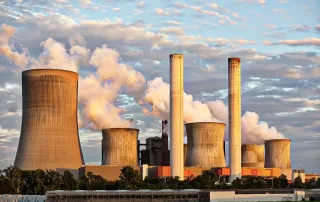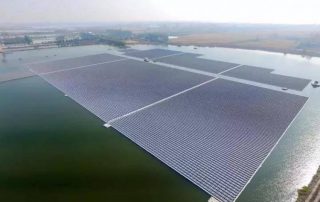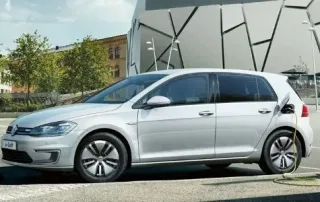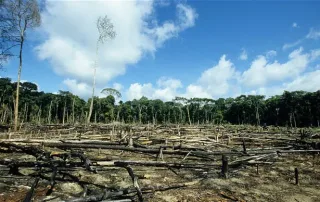2035 G7 Coal Power Phase-Out is “Historic” moment for global energy transition
The G7 nations have struck a landmark deal for coal power phase-out by 2035, marking a watershed moment in the fight against climate change. Energy ministers from the G7 group of advanced economies have reached a significant breakthrough agreement
Another hot summer increases the urgency for energy storage
Last year was the hottest on record, according to the EU’s Copernicus Climate Change Service (C3S). Not surprisingly, the summer of 2023 was also the hottest, according to global records dating back to 1880. Forecasts suggest this summer is likely to
Solar PV Fastest Installed Technology in History
In 2023, solar PV and wind comprised about 80% of global generation capacity additions (and 99% in Australia). This is compelling market-based evidence that solar PV and wind are the best options for new generation capacity. New solar capacity
A Story of Mice (and Men)
Picture a natural prairie, boasting an explosive diversity of grasses and flowers. Every year, at different times of the year, the grasses and flowers produce seeds. Some of these seeds, naturally, propagate their respective species so that the grasses
Is there really a bump in the road on the switch to EV?
Has the recent dip in UK electric vehicle sales put the brakes on the transition to EV? There was surprise in many quarters when the Society of Motor Manufacturers and Traders (SMMT) announced registrations of new electric vehicle sales
Dodging The Gator – What Can Be Done?
Humanity is in overshoot, and a major correction is already underway, something, which will only accelerate even further. A runaway energy crisis, together with resource depletion, climate change and ecosystems collapse will upend centuries of growth and prosperity. But
Daily Mail admits making up story about electric vehicles causing potholes
Pallavi Sethi explains the basis for complaining to the Independent Press Standards Organisation about the newspaper’s piece on electric vehicles misrepresented in a report from the Asphalt Industry Alliance and why such reporting continues to damage the British public’s
Used EVs sell faster than ICE vehicles as confidence grows
Used electric vehicles (EVs), on average, are selling faster than petrol or diesel vehicles, according to digital remarketing firm Motom. The digital marketplace examined data over the past four months and found that EVs sell in 17 hours and
How climate change will transform London: a guide to the city in 10, 50 and 100 years
From flooding, drought and disease to total societal upheaval, Robbie Griffiths investigates the grim future that awaits our capital if climate change and global warming is allowed to continue. One summer day two years ago, a compost heap in Wennington,












